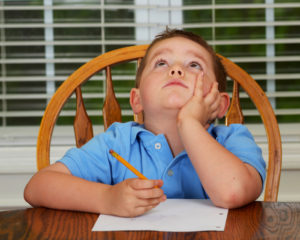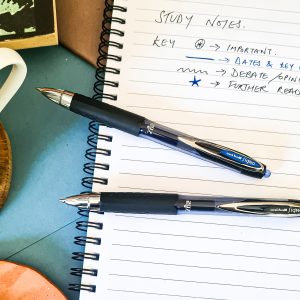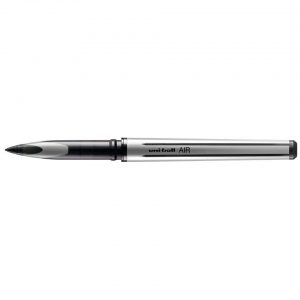
Recently there has been a lot of controversy about what your child should be able to do before they start primary school. In this blog post we look at the debate and hopefully put your mind at rest!
Starting Primary School: the big debate
Earlier this summer the head of Ofsted, Amanda Spielman, highlighted the rising number of children starting primary school that lack basic hygiene and language skills.
On language, Mrs Speilman said: “Children arrive at primary school without the words they need to communicate properly. Just imagine the disadvantage they face, right from the start.
“Unable to follow what’s going on. Unable to keep up with their classmates. Unable to reach their potential.”
Mrs Speilman also spoke about a recent study which found 70% of primary schools reported more children starting school without being toilet trained compared to five years ago.
You can read more about the head of Ofsted’s views in this Telegraph article, here.
What should your child be able to do before they start primary school?
- Sit still and listen
- Understand the words “no” and “stop”
- Be able to put on their own shoes and coat
- Be able to use the toilet on their own (don’t worry about the odd accident – reception teachers will expect this)

But what about writing and reading?
Your child does not need to read or write before they start primary school. If they want to practise their writing or reading that’s great! But please don’t stress out if they can’t write or read their name.
However it is a good idea to read to your child regularly. Just before they go to bed is the perfect opportunity! Another idea is to get some high frequency cards that will give your child a little head start on the recognising words front.
What should you do if you are worried about your child starting primary school?
When your child starts primary school make sure you communicate with them. Ask them how they found their day and try and notice if they are more subdued than normal.
If you can tell your little one is struggling it is important you talk to their teacher or teaching assistant. They will have seen it all before and have some tips for helping your child to settle in to primary school life.


